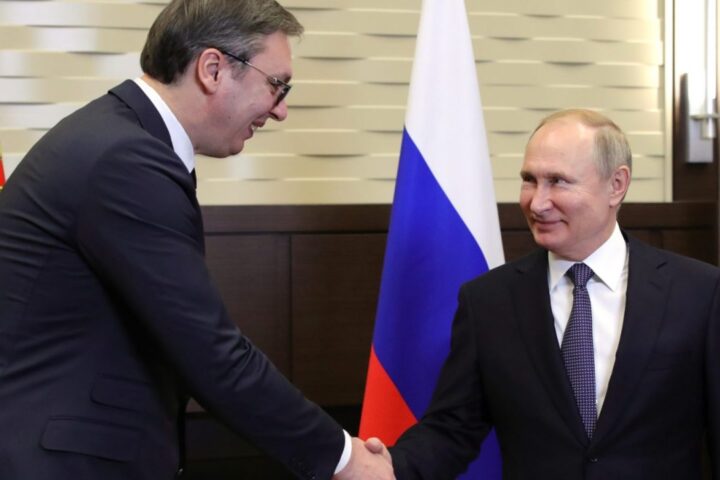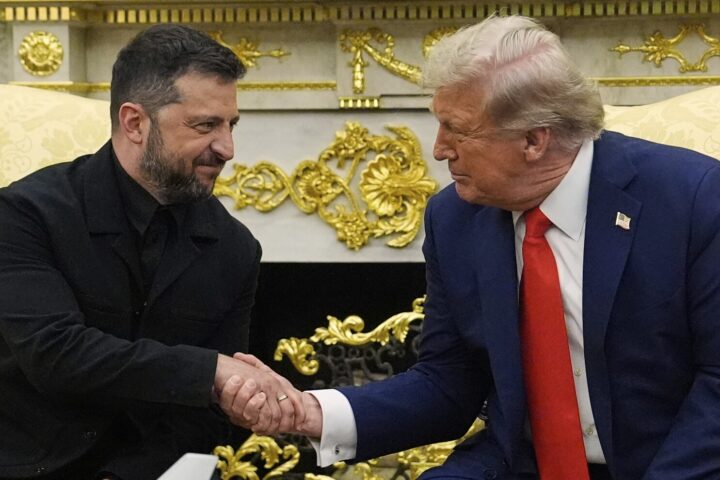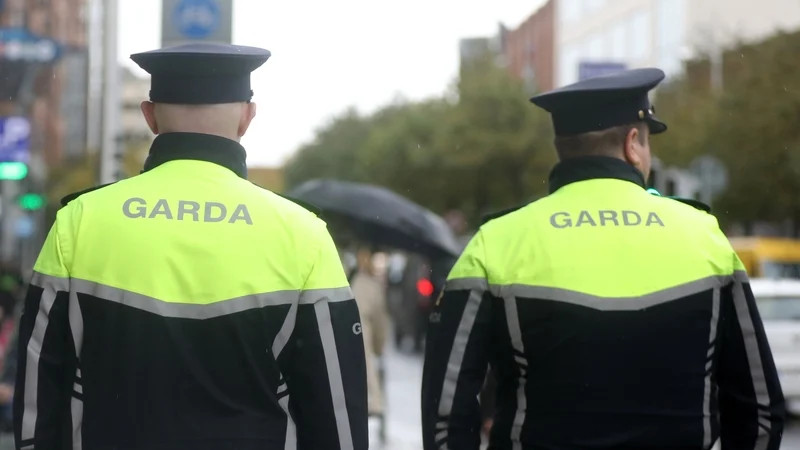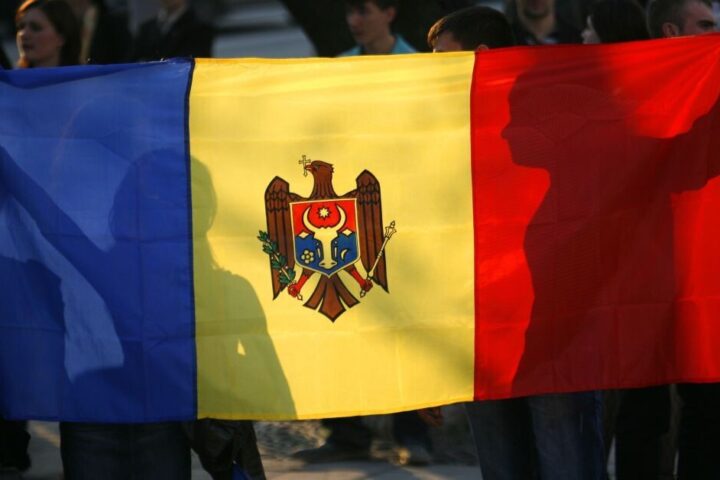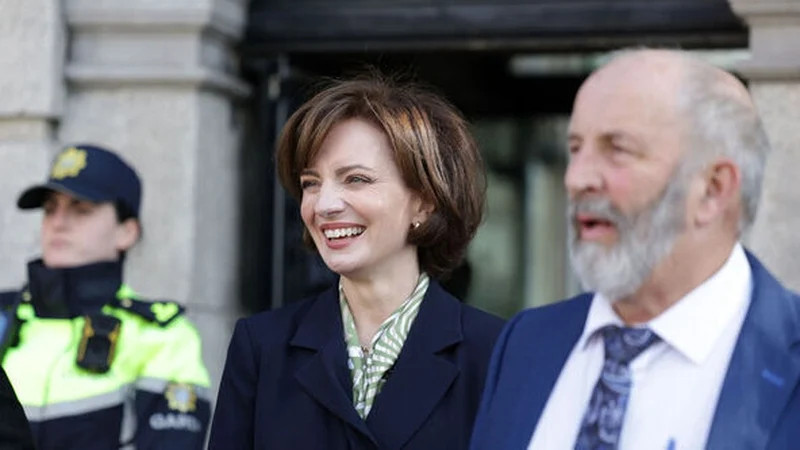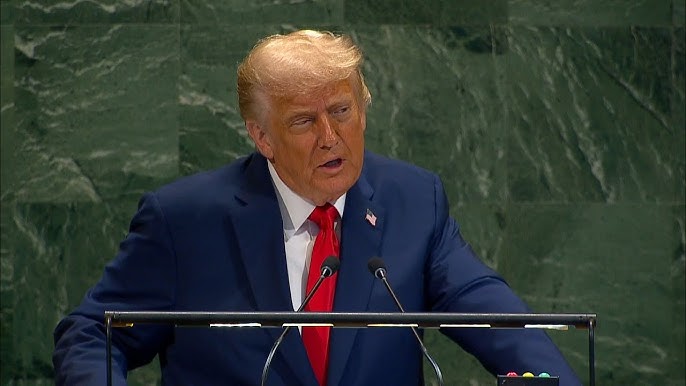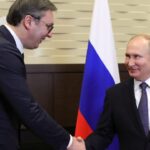On September 4, 2025, representatives from 26 countries gathered in Paris to advance Ukraine’s security guarantees, marking the first concrete step toward a long-term framework of international support. The so-called “coalition of the willing” underlined unity in backing Kyiv, with special emphasis placed on the role of the United States. The commitments are designed not only to assist Ukraine during and after the war but also to reinforce stability across the European continent. The discussions and outcomes were reported via coalition meeting coverage.
Allies outline binding guarantees
The participants agreed that Ukraine’s security must rest on strong national defense capabilities and that any attempt to restrict the country’s armed forces would be unacceptable. A central element of the talks was the pledge to formalize allied commitments in legally binding agreements, underscoring the seriousness of efforts to build lasting peace. The meeting also produced consensus on the continued presence of allied military partners in Ukraine after the war to deter further aggression.
Pressure on Russia and sanctions threat
The coalition highlighted Russia’s unwillingness to negotiate and its attempts to prolong the conflict. Leaders stressed that only stronger support for Ukraine combined with increased pressure on Moscow could bring the Kremlin to genuine talks. French President Emmanuel Macron said Europe and the United States would introduce additional sanctions against Russia if it avoided meaningful peace efforts. He outlined a potential diplomatic sequence starting with a bilateral meeting between Vladimir Putin and Volodymyr Zelenskyy, followed by trilateral talks with Donald Trump, and eventually an expanded four-party format involving Europe.
Europe’s broader security stakes
Officials emphasized that confronting Russian aggression now was essential to preventing new wars on the continent. By consolidating military aid, security guarantees, and deterrence measures, the coalition aimed to ensure that Ukraine’s sovereignty was protected and Europe’s security architecture reinforced. The Paris meeting therefore signaled not just support for Kyiv, but a collective European and transatlantic effort to stabilize the region and uphold international order.


